Types of Lawsuits
There are many different types of lawsuits, depending on the harm someone has suffered. From civil lawsuits involving personal disputes to personal injury claims after accidents or abuse, each case follows its own legal path. Understanding the types of lawsuits available can help victims take the right steps toward justice and financial recovery.
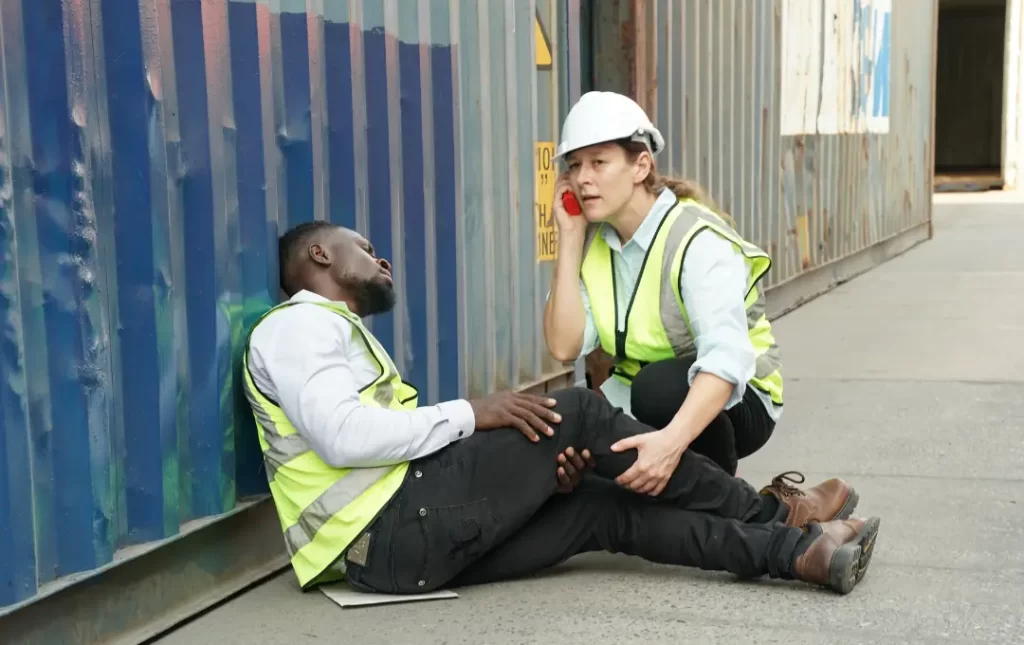
Personal Injury
Personal injury cases help victims seek justice and compensation by negligence or misconduct, including sexual abuse, AFFF, PFAS, rideshare assaults, Mormon Church abuse, asbestos exposure, mesothelioma diagnoses, and Roblox abuse.
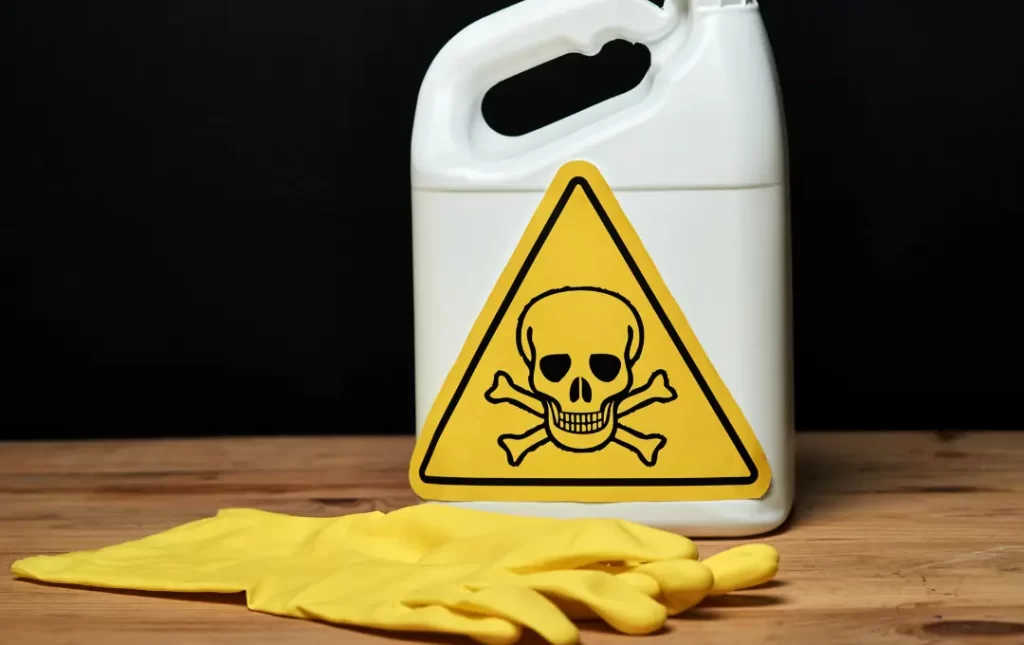
Product Liability
Product liability cases hold manufacturers accountable for dangerous or defective products, including hair relaxers, eye drops, Paraquat, talcum powder, Roundup, game addiction, toxic baby food, and ultra-processed foods.
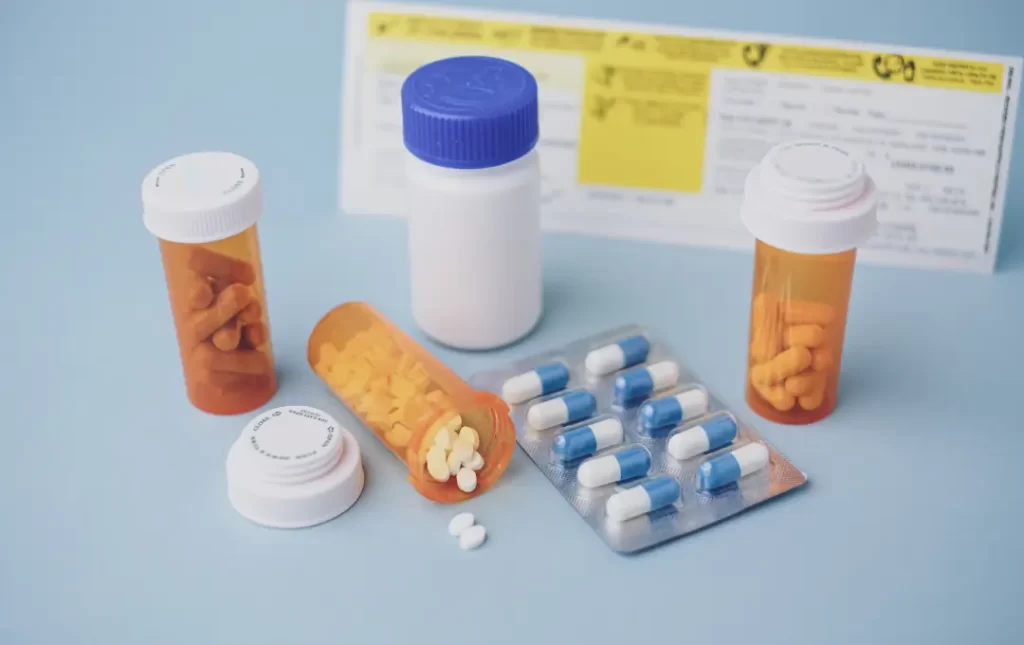
Dangerous Drugs
Dangerous drug lawsuits seek justice for patients harmed by medications like Ozempic, Topamax, Tepezza, Truvada, Tylenol, Zantac, Oxbryta, and Depo-Provera, which have been linked to serious side effects, injuries, and long-term health complications.

Medical Device
Medical device lawsuits involve faulty implants and equipment such as Exactech, hernia mesh, Philips CPAP, Bard PowerPort, BioZorb, and Cartiva, which have caused serious injuries, infections, and costly corrective surgeries for thousands of patients.
Personal Injuries
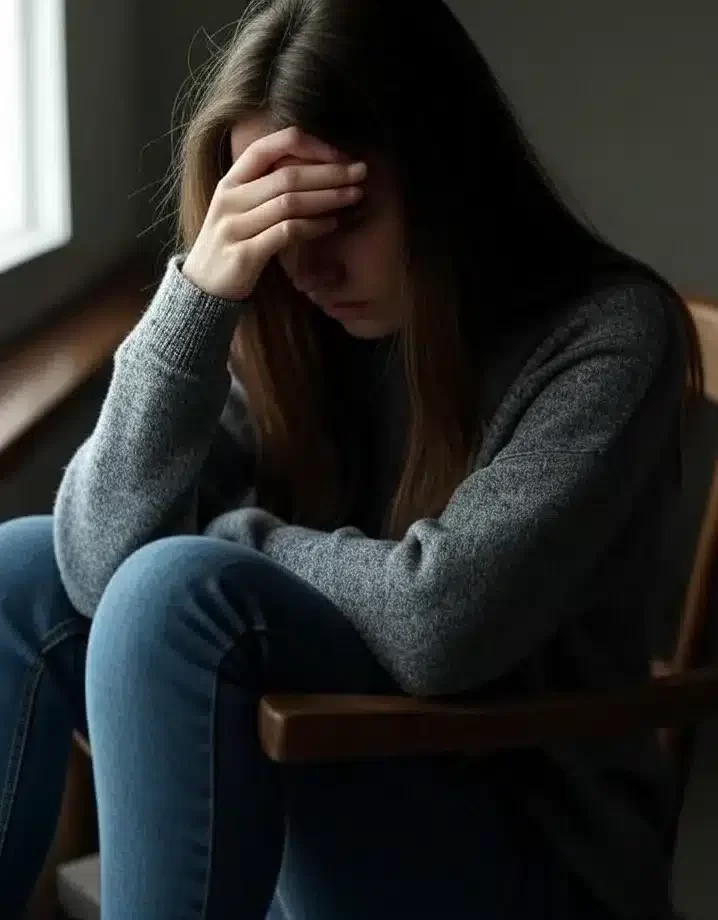
Sexual Abuse
Survivors seek justice through several civil lawsuits against abusers and institutions that failed to prevent or report sexual misconduct and harm.
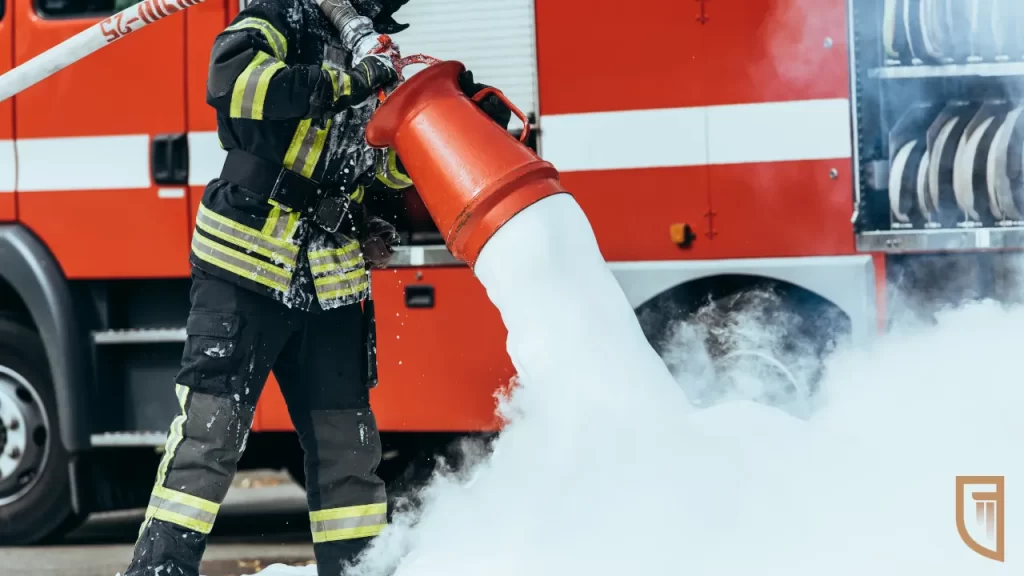
Firefighting Foam
Firefighters and others exposed to toxic firefighting foam pursue lawsuits linking AFFF chemicals to cancer and environmental contamination across communities.
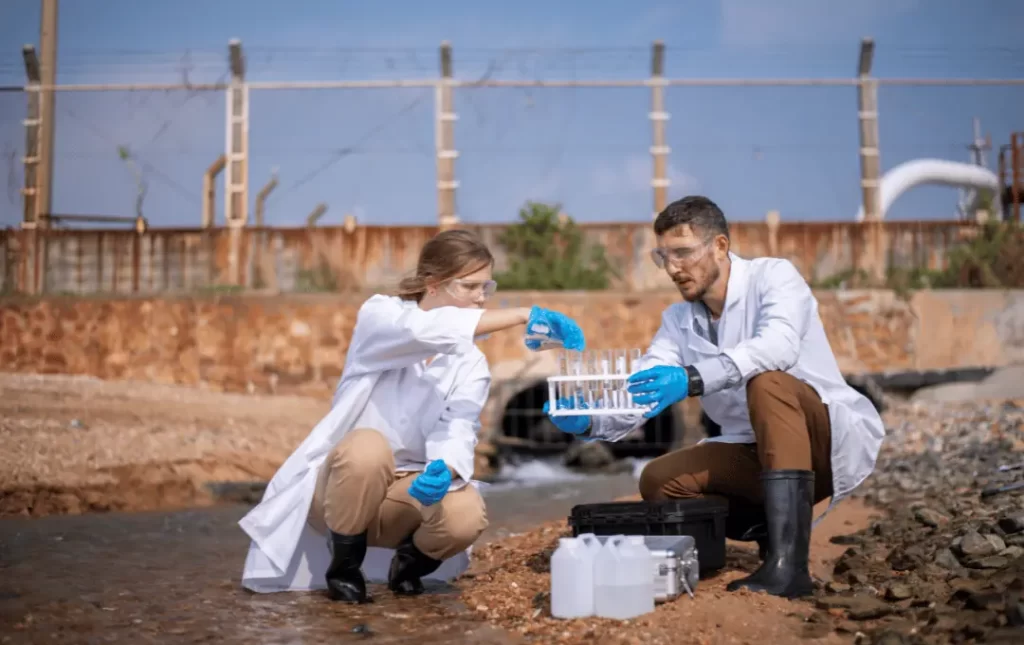
PFAS
PFAS lawsuits target firms that contaminated water, soil, and products with “forever chemicals,” causing cancer, birth defects, and health issues.

Rideshare
Victims file claims against rideshare companies like Uber and Lyft for assaults, accidents, or negligence during rides arranged through their platforms.
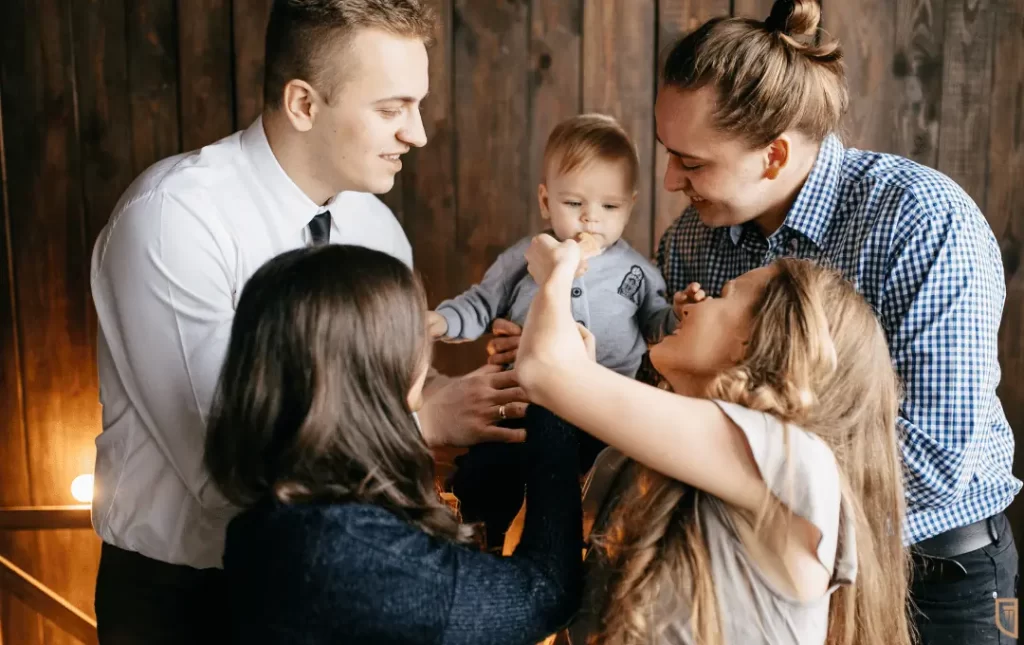
Mormon / LDS
Lawsuits allege the Mormon Church mishandled sexual abuse reports, prioritizing reputation over child safety and accountability within its congregations.
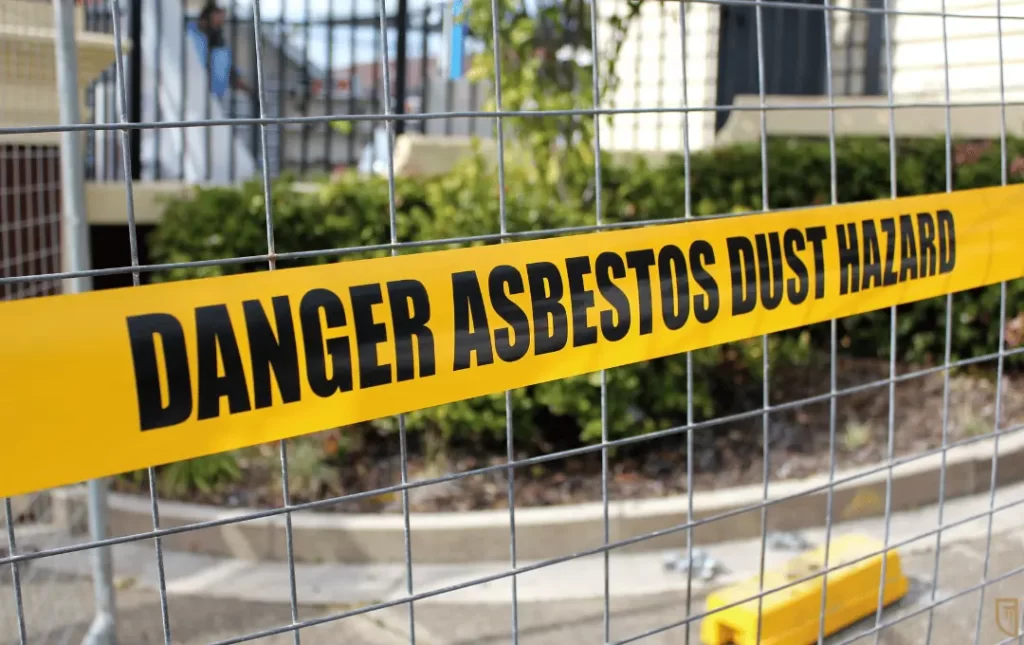
Asbestos
Workers and families exposed to asbestos file lawsuits against manufacturers for causing illnesses and deadly diseases like mesothelioma.
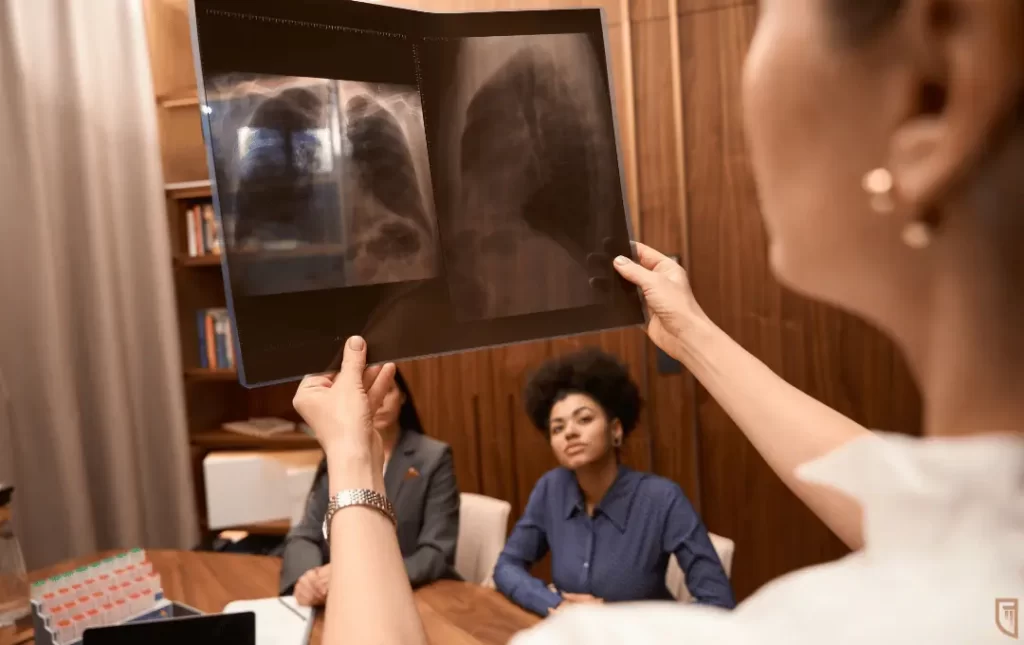
Mesothelioma
Victims diagnosed with mesothelioma pursue compensation from asbestos companies responsible for exposing them to toxic materials decades earlier.

Roblox
Parents and victims are suing Roblox for enabling grooming, exploitation, and child abuse through inadequate moderation and platform safety failures.

Motor Vehicle Accidents
Motor vehicle accident cases cover car accidents, motorcycle crashes, and other road traffic accidents, helping injured drivers, passengers, and families recover compensation for costs, lost wages, and suffering caused by negligence on the road.
Product Liability
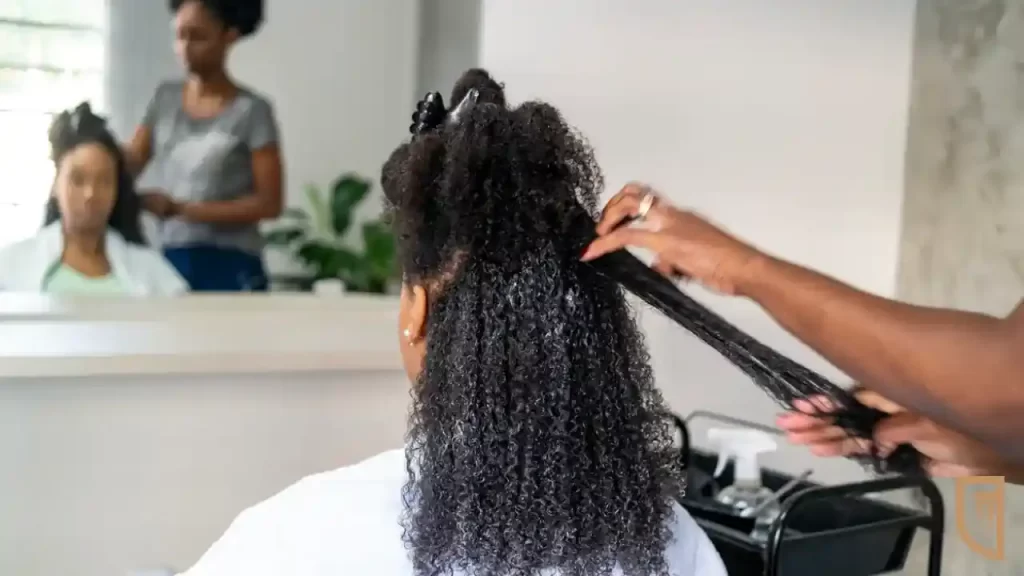
Hair Relaxer
Women who used chemical hair relaxers are suing manufacturers after studies linked long-term use to uterine, ovarian, and breast cancers.
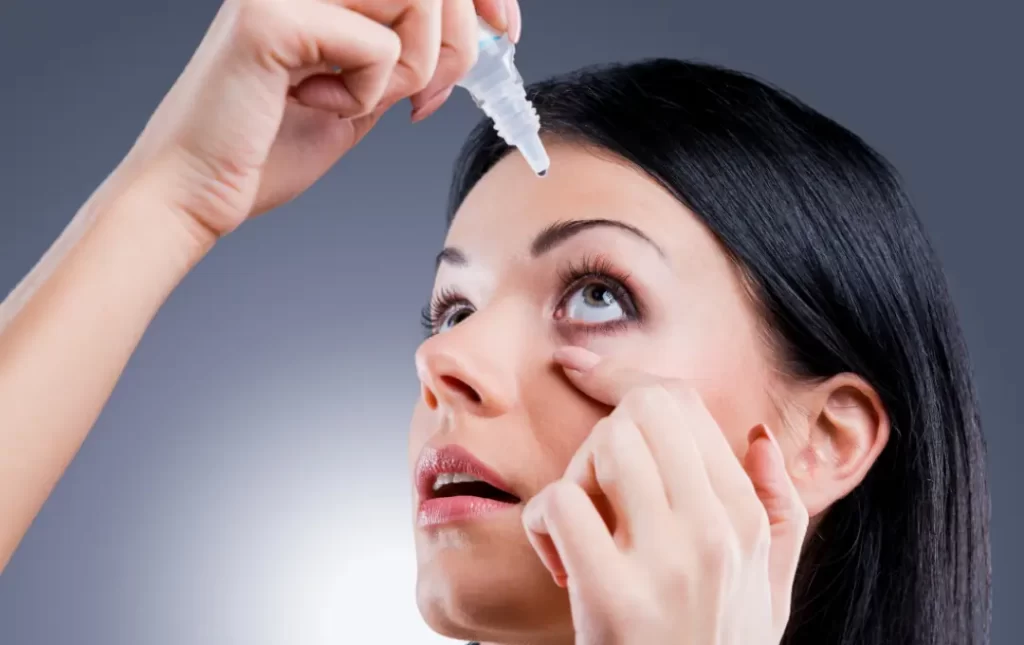
Eye Drop Recall
Consumers file lawsuits after contaminated eye drops caused severe infections, blindness, and deaths, prompting widespread recalls and investigations.
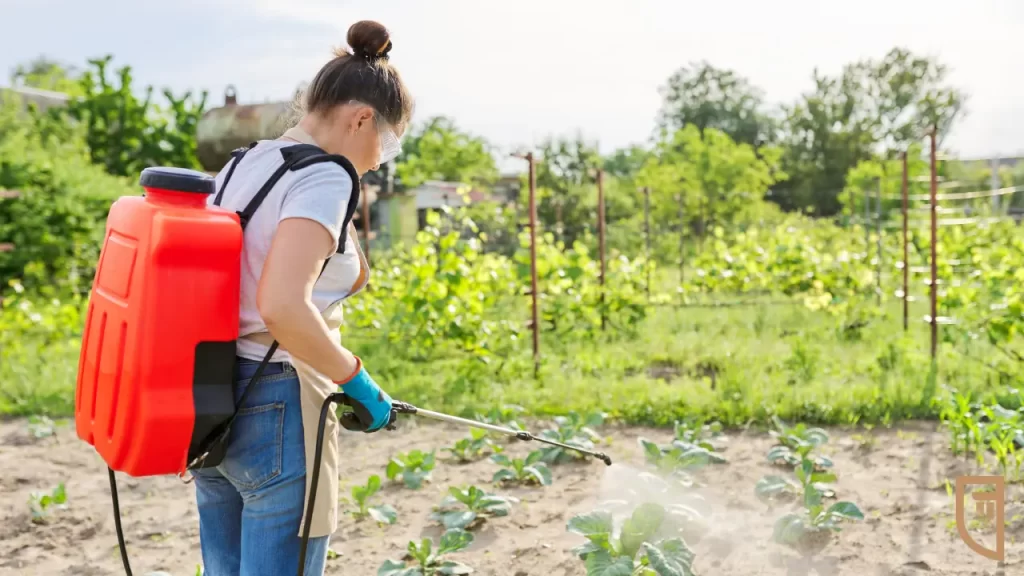
Paraquat
Farmworkers and residents exposed to the herbicide Paraquat are suing manufacturers for its alleged link to Parkinson’s disease and neurological damage.
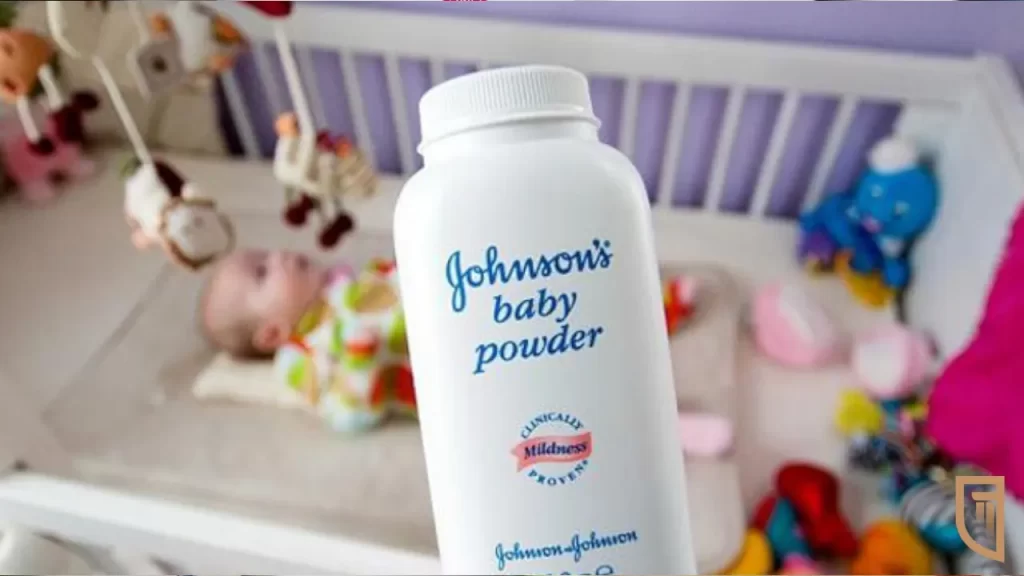
Talcum Powder
Thousands of women allege talcum powder products caused ovarian cancer due to asbestos contamination and inadequate warnings from major manufacturers.
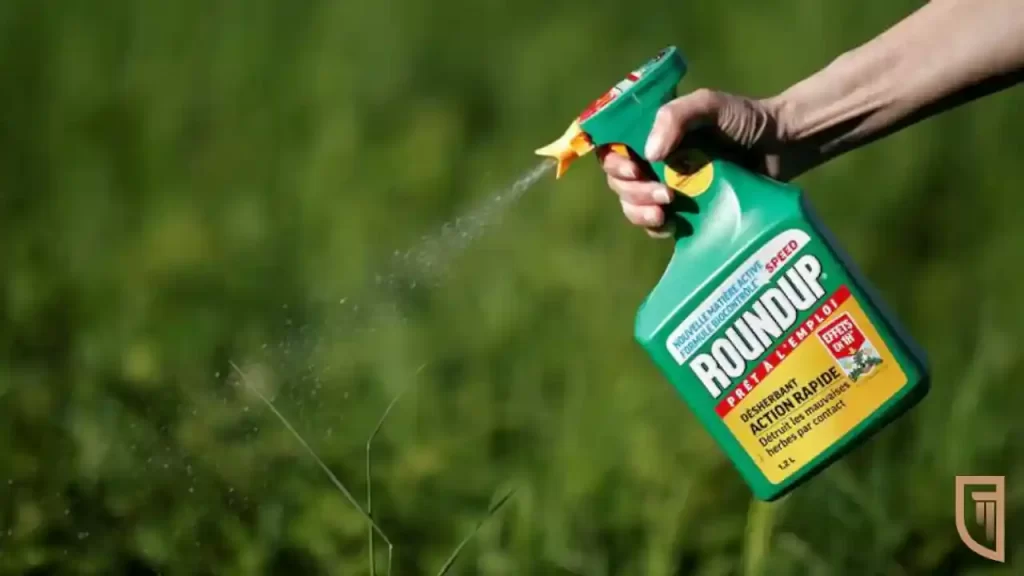
Roundup
Lawsuits claim exposure to Monsanto’s Roundup weed killer caused non-Hodgkin lymphoma and other cancers from long-term glyphosate use on farms and lawns.

Game Addiction
Parents and players sue gaming companies for intentionally designing addictive systems that harm mental health, focus, and social development in youth.

Toxic Baby Food
Parents are suing baby food makers for selling products contaminated with lead, arsenic, and mercury linked to developmental and neurological issues.
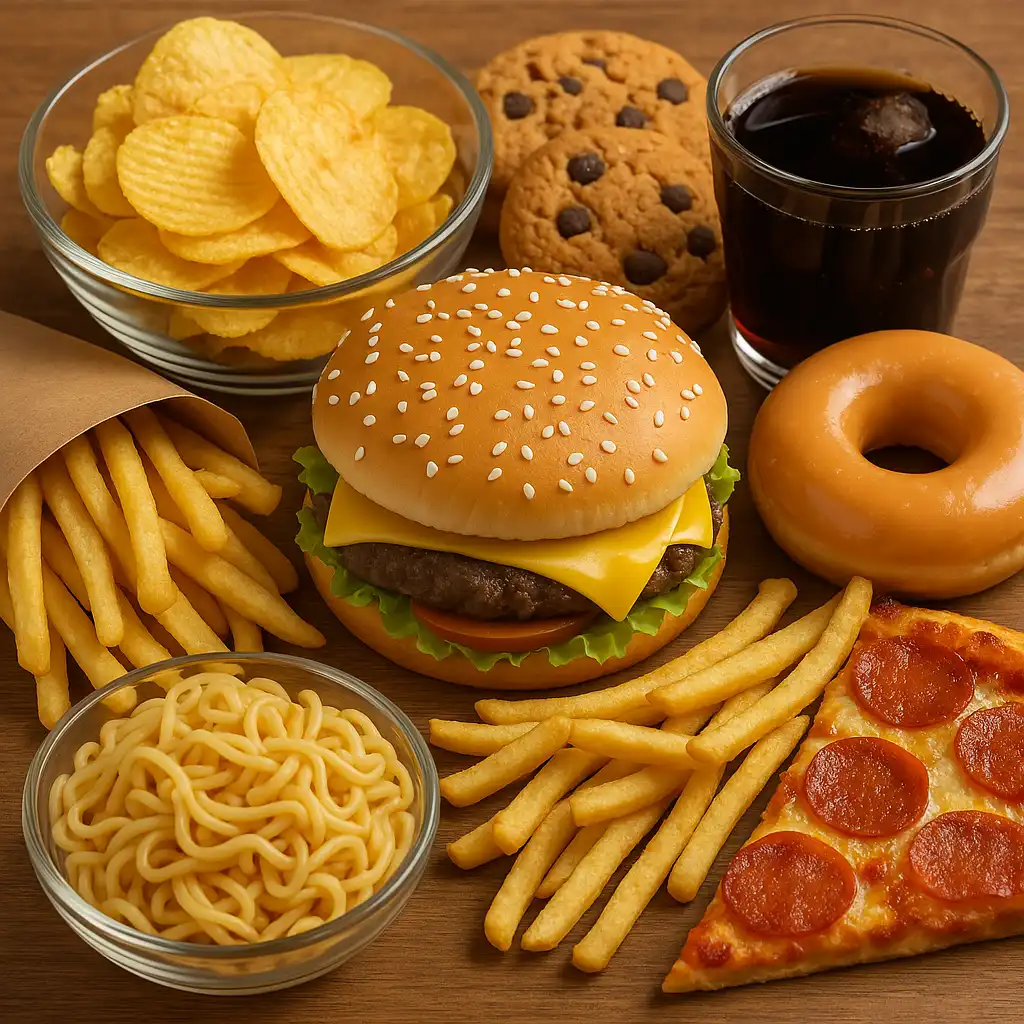
Ultra Processed Food
Consumers are taking legal action for marketing ultra-processed products tied to obesity, heart disease, and metabolic disorders.
Dangerous Drugs
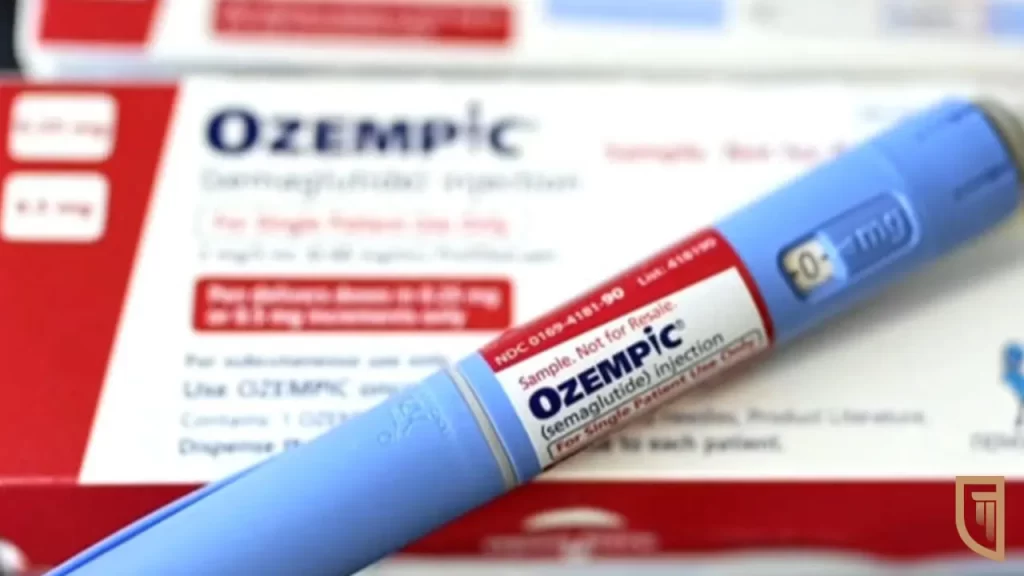
Ozempic / GLP-1
Patients allege Ozempic and similar weight-loss drugs caused severe stomach paralysis, gallbladder problems, and other unexpected complications.
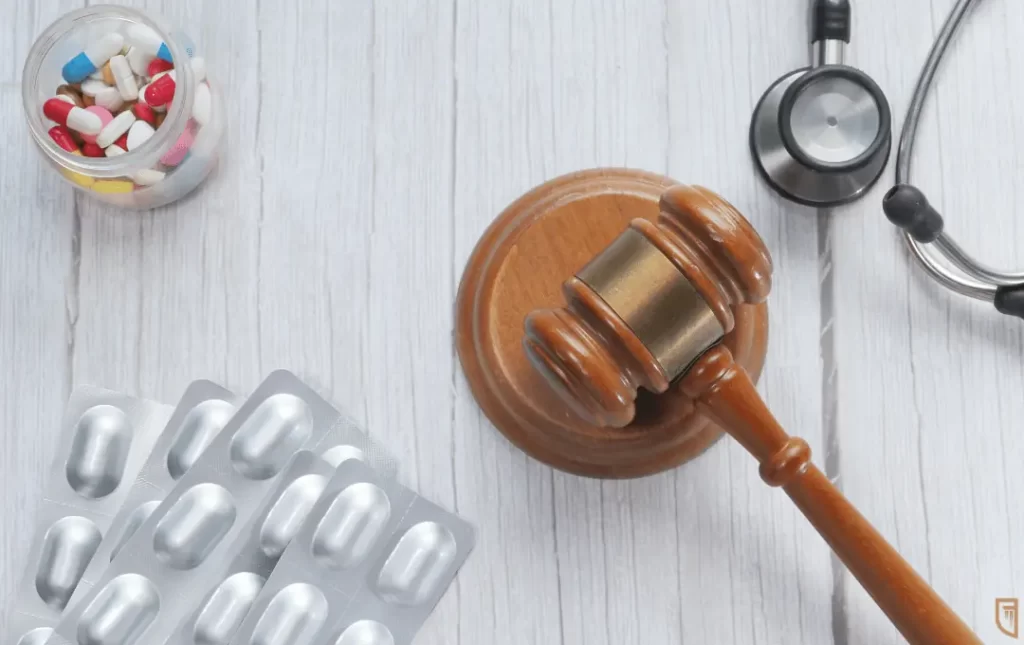
Topamax
Families are suing Topamax’s maker after prenatal exposure allegedly caused birth defects, cleft palates, and developmental delays in children.
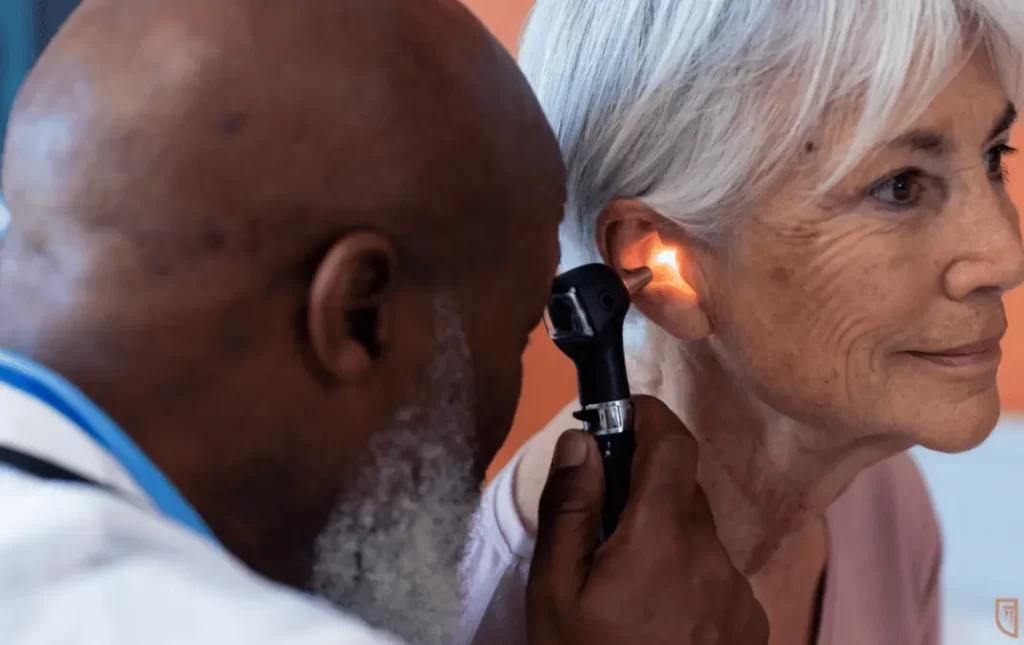
Tepezza
Users of Tepezza for thyroid eye disease claim the drug caused permanent hearing loss and tinnitus, prompting growing nationwide lawsuits to get compensated.
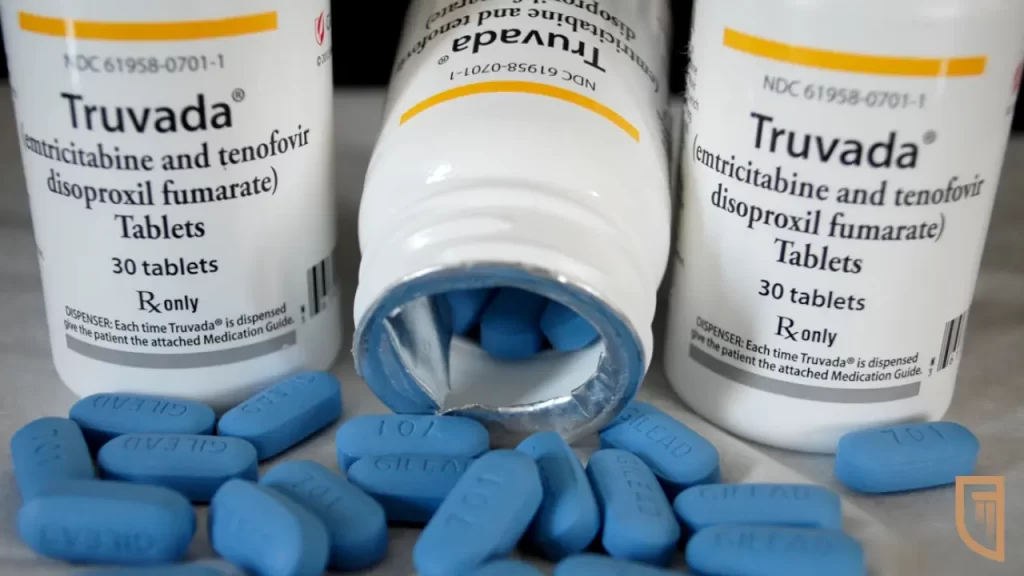
Truvada
Truvada lawsuits allege Gilead withheld safer HIV medications while marketing Truvada despite known kidney, bone, and long-term toxicity risks.
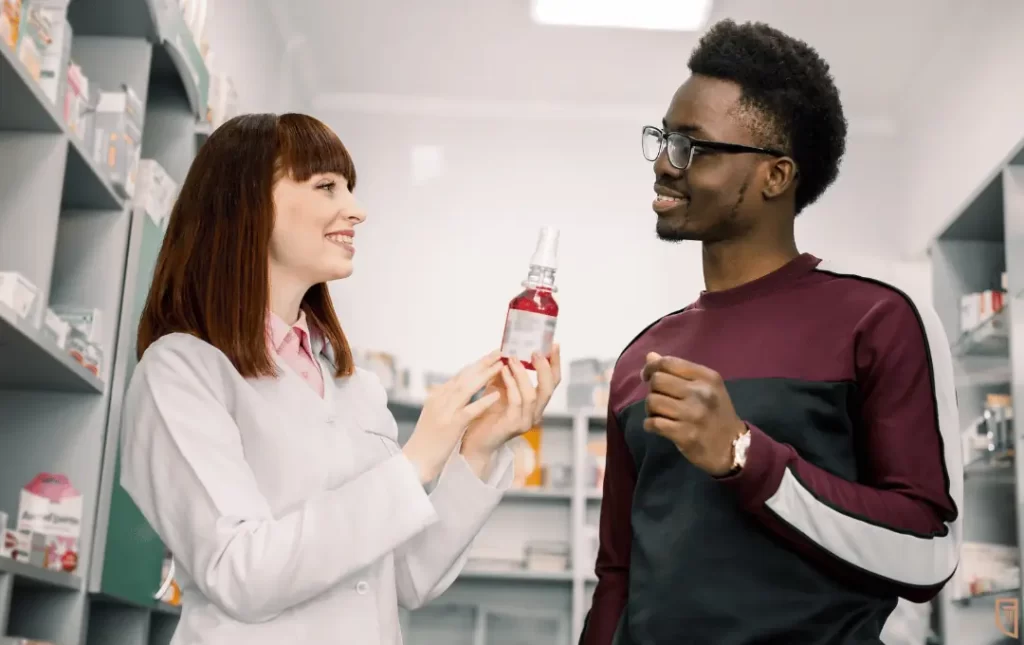
Tylenol
Parents claim prenatal Tylenol use increased their children’s risk of autism and ADHD, leading to major multidistrict litigation across the United States.
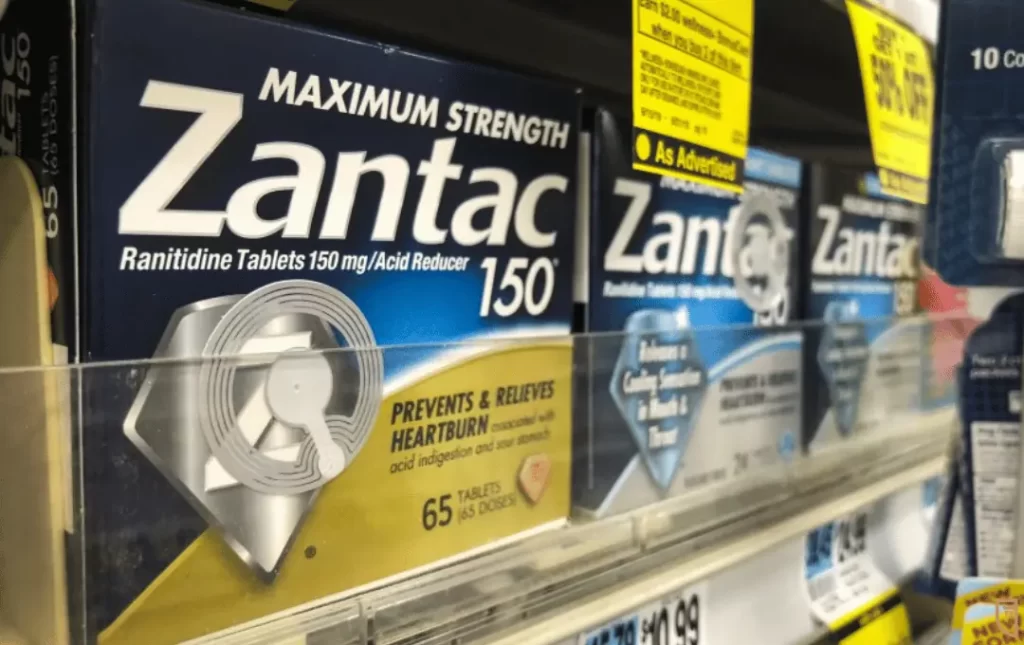
Zantac
Consumers allege Zantac contained cancer-causing NDMA impurities, resulting in lawsuits over bladder, stomach, and liver cancers linked to long-term use.
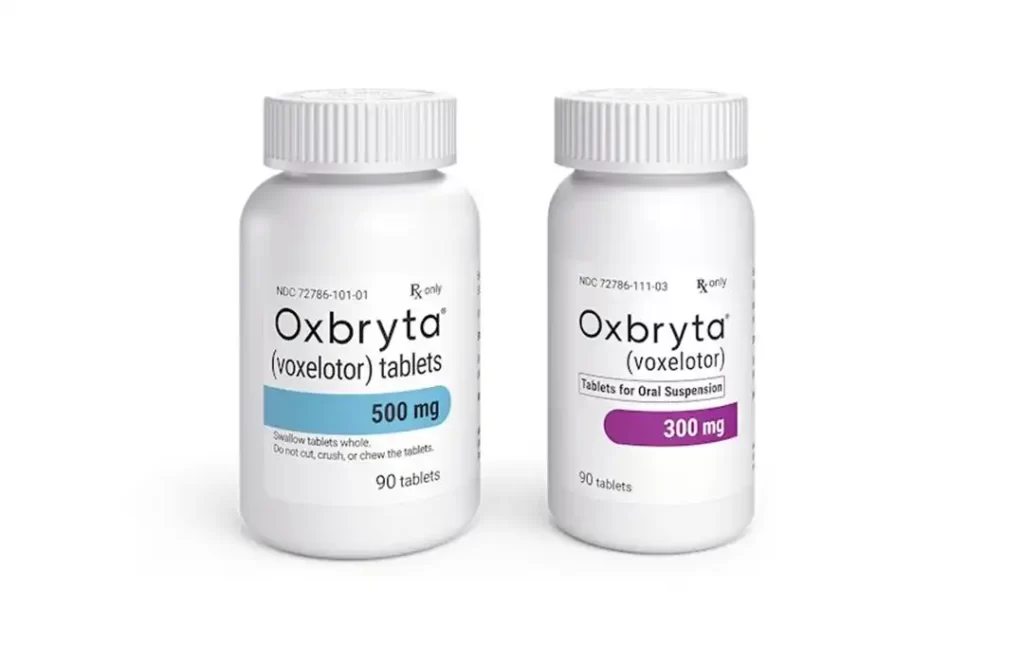
Oxbryta
Patients treated for sickle cell disease with Oxbryta report serious side effects and deaths, sparking FDA investigations and wrongful death claims.

Depo Provera
Women using Depo-Provera birth control injections allege links to bone density loss, depression, infertility, and other long-term health complications.
Medical Device
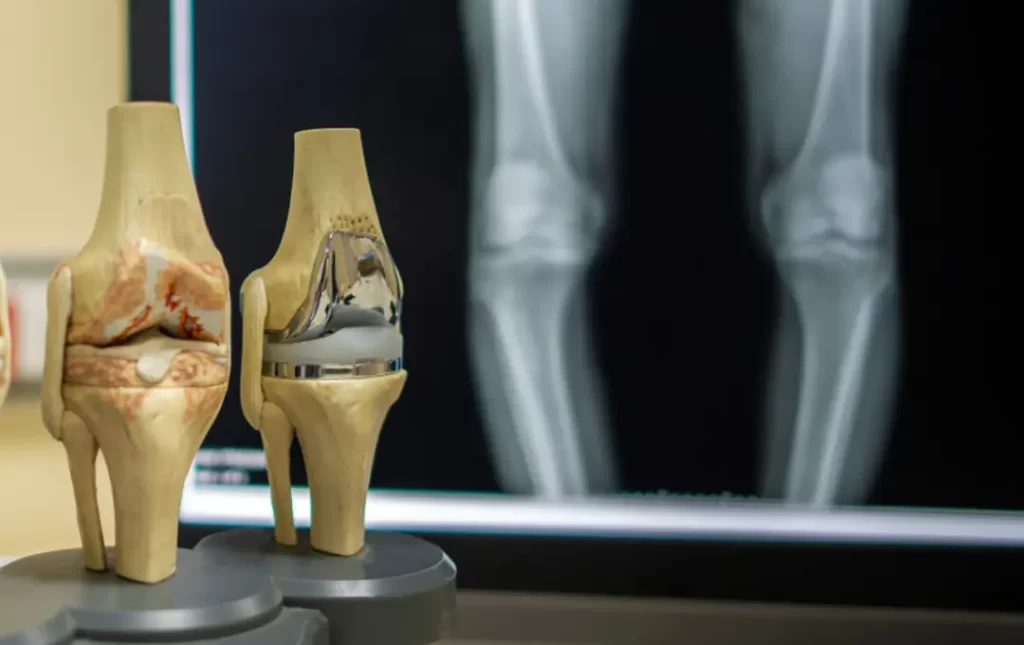
Exactech
Patients are suing Exactech after defective knee, hip, and ankle implants degraded prematurely, causing pain, revision surgeries, and mobility loss.
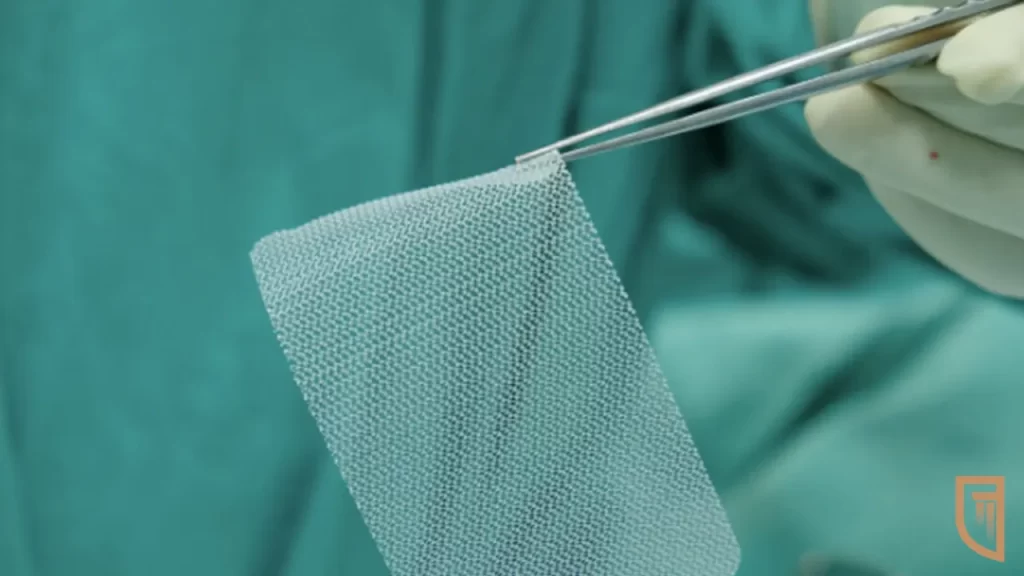
Hernia Mesh
Victims claim defective hernia mesh implants caused chronic pain, infections, and organ damage due to product failure and poor medical design.
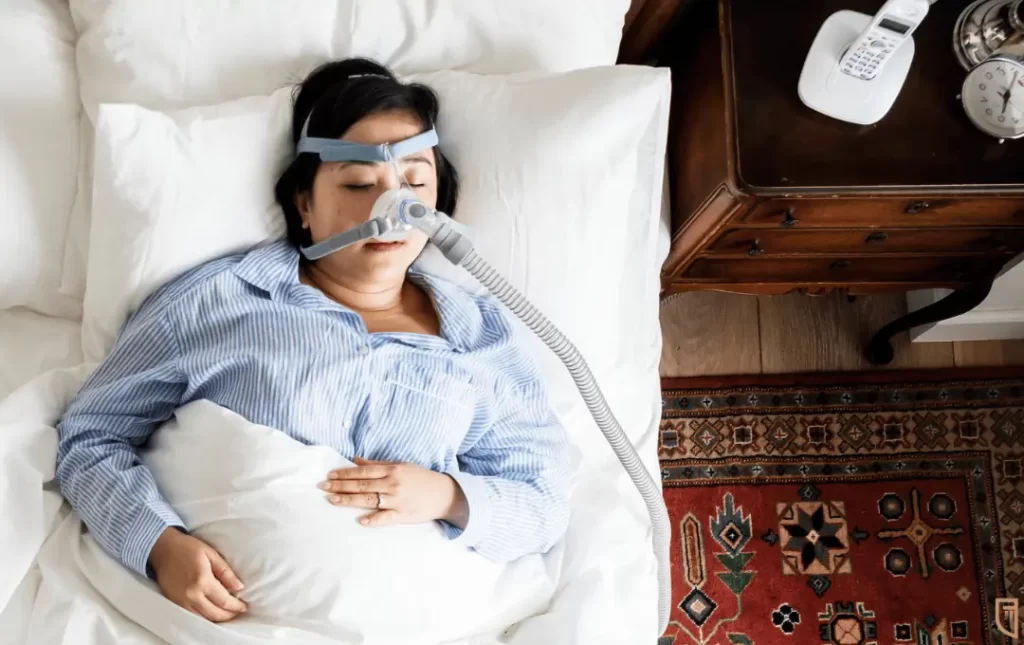
Philips CPAP
Philips faces lawsuits over recalled CPAP and BiPAP machines linked to toxic foam exposure, respiratory injuries, and increased cancer risk.
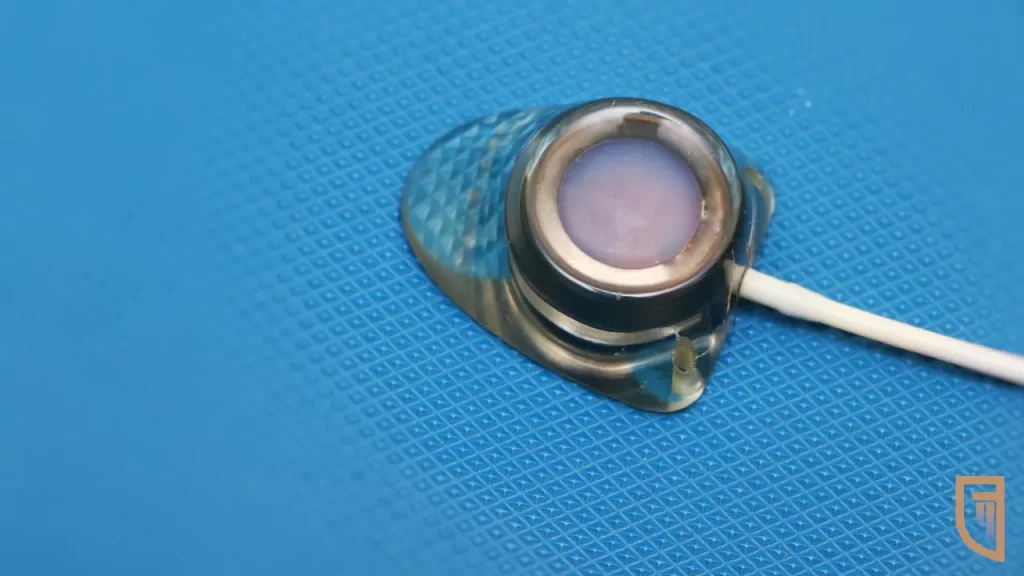
Bard Powerport
Bard PowerPort lawsuits allege defective catheter devices fractured or migrated inside patients, leading to infections, blood clots, and emergency surgeries.
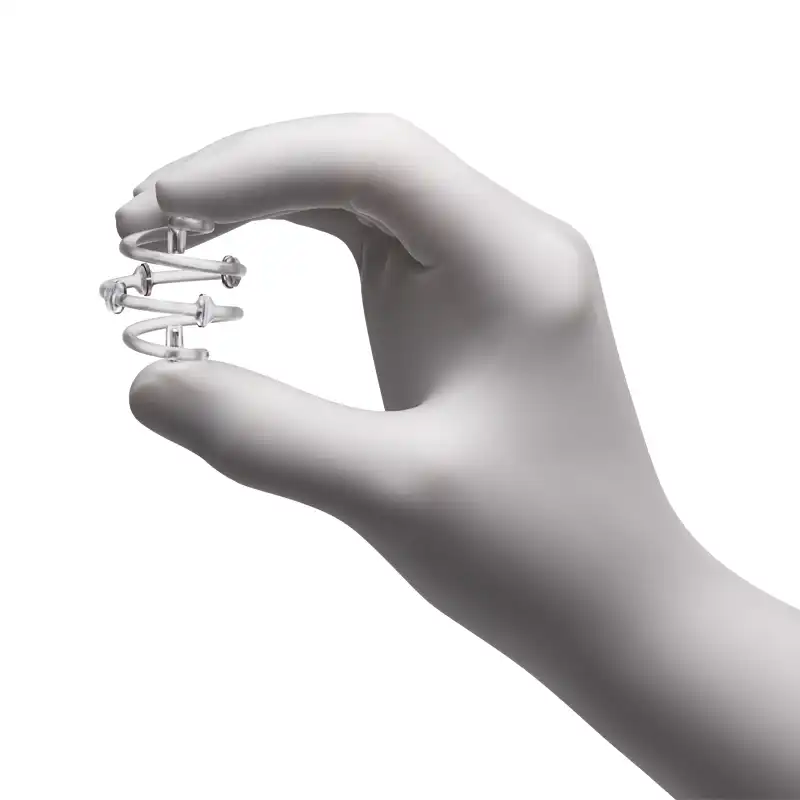
Biozorb
Patients implanted with BioZorb markers report severe inflammation, chronic pain, and disfigurement, sparking lawsuits over hidden risks and complications.
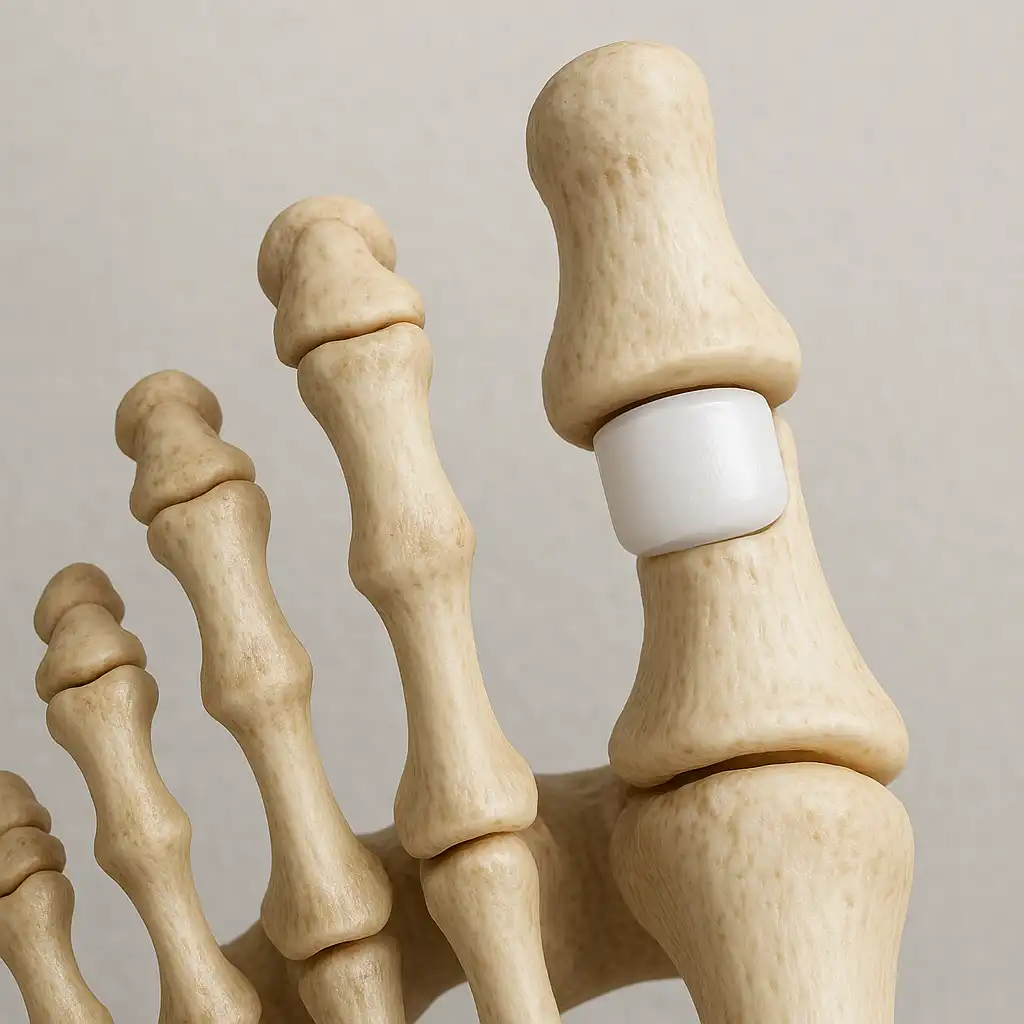
Cartiva
Cartiva implant recipients allege premature device failure caused joint collapse, pain, and revision surgeries due to poor design and durability issues.
What Is a Lawsuit?
A lawsuit is a legal dispute that begins when one party, known as the plaintiff, files a civil action against another party in court. This process can involve a wide range of issues, including personal injury claims, contract disputes, property disputes, or employment disagreements. In civil cases, private citizens or businesses typically seek financial compensation or a court order to resolve the issue.
What does it mean to file a lawsuit?
To file a lawsuit means starting a formal legal process in a civil court. The person or group bringing the case claims that the other party caused harm or broke the law in a way that affected their rights. Filing a lawsuit requires a written complaint, known as an initial pleading, which explains the plaintiff’s claim and the legal basis for it.
Civil lawsuits cover many situations. Some common examples include medical malpractice, car accidents, defective medical devices, and business disputes. These cases are often handled through civil litigation rather than criminal prosecution and are typically brought by one party against another to recover damages, such as medical bills or property damage.
Civil vs criminal lawsuits in plain terms
Civil cases and criminal cases serve different purposes. Civil lawsuits are focused on resolving disputes between private parties. The goal is usually compensation, not punishment. Criminal law, on the other hand, involves the government charging someone with a crime. In a criminal case, the focus is on whether the defendant broke a law and what penalties should follow, such as jail time or fines.
In civil law, the burden of proof is lower. The court does not require evidence beyond a reasonable doubt. Instead, decisions are based on whether the evidence presented supports the plaintiff’s version more than the defendant’s. This difference allows many victims of harm to still seek justice even if criminal charges were never filed.
Who can file a lawsuit and why?
Anyone who believes their legal rights were violated can file a lawsuit in a civil court. This includes individuals harmed in accidents, employees facing wrongful termination, or patients hurt by medical negligence. Civil lawsuits can also be filed by groups of people through class action lawsuits when many individuals are affected by the same issue.
Filing a lawsuit allows people to seek compensation, enforce a contract, or stop harmful behavior. In many cases, settlement negotiations help both parties resolve disputes without a full jury trial. When a case goes to court, a neutral third party such as a judge or jury decides the outcome. Choosing the right lawyer early in the process can make a big difference in how the case is handled and what compensation is recovered.
Whether you are dealing with a workers compensation lawsuit, breach of contract, or need help understanding your legal rights in a business or employment dispute, the court system exists to help resolve these legal issues. Knowing how the process works, including the role of court rules, legal fees, and possible outcomes, is the first step in pursuing justice.
Most Common Types of Lawsuits
Lawsuits come in many forms, but most fall into a few main categories. Some involve injuries and medical costs, others deal with contracts, business disagreements, or unsafe products. Whatever the reason, every court case begins when one of the two parties believes they have been wronged and decides to file a legal claim. These legal proceedings can take place in state or federal court, depending on the issue and where the parties involved live or do business.
Personal Injury Lawsuits
This is one of the most common types of civil cases. A personal injury lawsuit happens when someone gets hurt because another person was careless or acted in bad faith. Think of car accidents, slip-and-fall situations, or a work related injury. These cases often involve medical bills, lost income, and emotional stress. When the defendant’s actions were especially reckless, the court may award punitive damages to punish that behavior.
Civil Lawsuits
Civil lawsuits include a wide range of legal disputes between private citizens or organizations. This can mean contract cases, property disagreements, or even defamation. Unlike criminal law, no one goes to jail. The goal is to reach a fair solution, often involving money or a change in behavior. In some situations, the court might issue a restraining order or another binding decision to stop harmful conduct. If one party fails to provide enough evidence, the judge can give a summary judgment before the trial even starts.
Class Action Lawsuits
In a class action, many parties who suffered the same harm join together to sue one company or organization. These cases often deal with defective products, false advertising, or environmental damage. Instead of everyone filing alone, one representative speaks for the group. This saves time and reduces legal fees. Class actions can lead to large settlements and serious legal consequences for businesses that acted irresponsibly.
Sexual Abuse and Assault Lawsuits
These lawsuits help survivors of sexual abuse or assault find civil justice, even when criminal charges are not filed. Survivors can seek compensation for therapy costs, emotional trauma, and lost income. They can also hold institutions accountable, such as schools or churches that failed to protect them. These equitable claims often bring awareness and lead to stronger safety measures for others.
Medical Malpractice Lawsuits
Medical malpractice cases happen when doctors, nurses, or hospitals cause harm through mistakes or negligence. Common examples include surgical errors, delayed diagnoses, or poor aftercare. To win, the injured person must prove that medical standards were not met and that those failures caused harm. Each state has its own laws and deadlines for pre filing a claim, so working with an attorney is often necessary.
Product Liability Lawsuits
Consumers trust that products are safe, but sometimes they are not. Product liability lawsuits happen when a dangerous or defective product causes injury. It might be a faulty car part, an unsafe toy, or a mislabeled drug. Such cases can involve manufacturers, distributors, or retailers, depending on who was responsible. Courts may decide to award punitive damages if a company ignored safety risks or failed to warn consumers.
Toxic Exposure Lawsuits (PFAS, AFFF, etc.)
People who have been exposed to harmful chemicals like PFAS, asbestos, or AFFF firefighting foam can file toxic exposure claims. These cases often involve long-term health problems such as cancer, infertility, or organ damage. Because many parties are usually affected, they are often handled in federal court. Commercial litigation in these cases can lead to major settlements and stronger environmental rules.
Wrongful Death Lawsuits
When someone dies because of another person’s negligence, their family can file a wrongful death claim. These cases often involve fatal accidents, medical errors, or defective products. The family can seek financial recovery for funeral costs, lost income, and emotional loss. Courts try to balance the emotional harm with fair and equitable compensation.
Workplace and Employment Lawsuits
Employment lawsuits cover issues like discrimination, harassment, unpaid wages, or unsafe work conditions. Employees can take legal action when employers break state laws or fail to maintain a safe workplace. Employers can also file claims in contract disputes or other business-related cases. Sometimes, alternative dispute resolution methods like mediation can help resolve disputes before they reach trial.
Motor Vehicle Accident Lawsuits
Traffic accidents are one of the biggest causes of personal injury lawsuits. Victims may seek compensation for medical costs, vehicle repairs, and missed work. Insurance companies often try to settle first, but when the other party fails to cooperate, the case may move to court. Some cases continue after trial if one side appeals the decision.
Consumer Protection Lawsuits
Consumer protection lawsuits exist to stop fraud, scams, or unfair business practices. These cases may target false advertising, hidden fees, or privacy violations. Both individuals and federal agencies like the FTC can bring claims under state laws. Courts can order refunds, fines, or binding decisions that force companies to change how they operate, protecting future consumers and fair business interests.
How the Lawsuit Process Works
Filing a lawsuit can seem complicated at first, but it usually follows a clear path. Whether it’s a dispute between two people or a large company facing multiple claims, most cases involve the same basic steps. From filing paperwork to negotiating settlements or even going through trial, every stage is meant to give both sides a fair chance to present their side of the story.
Filing a Civil Lawsuit
It all begins when the plaintiff, the person bringing the case, files a complaint in court. This document explains what happened, why the other party is responsible, and what type of compensation or action they’re asking for. The defendant then has a chance to respond. Once both sides have shared their claims and defenses, the court sets a timeline for next steps. These cases involve clear procedures and deadlines, which is why most people choose to work with a lawyer to make sure everything is done correctly.
Building a Legal Case
After the lawsuit is filed, both sides start gathering evidence. This stage often includes interviews, written questions, and collecting documents that support each claim. Witnesses may be asked to share what they know, and expert opinions can help explain complex topics like medical treatment or financial losses. Building a strong legal case takes time and careful organization. Good legal representation is key, especially when the case depends on proving that the other side’s bad behavior caused harm.
Settlements vs. Trials
Many lawsuits never reach the courtroom. Instead, both parties might agree to settle before trial. Settlements save time, money, and stress, and they allow each side to control the outcome instead of leaving it to a jury. When a settlement can’t be reached, the case goes most often to trial, where a judge or jury makes a final decision. Some disputes continue even after a verdict, entering a post trial phase where appeals or enforcement actions may follow.
Statute of Limitations
Every state sets a time limit for how long you have to file a lawsuit, called the statute of limitations. Once that time runs out, the court usually won’t hear the case. The length of time varies depending on the type of claim. For example, personal injury cases may allow a few years, while defamation or contract disputes can have shorter or longer limits. Acting quickly helps protect your rights and ensures important evidence isn’t lost over time.
